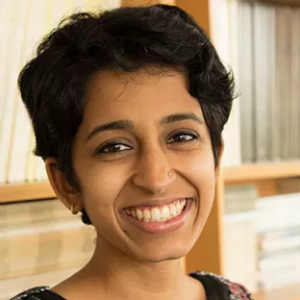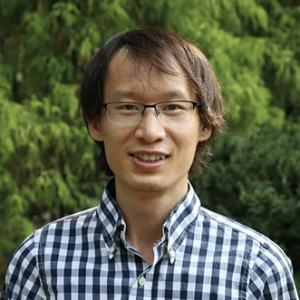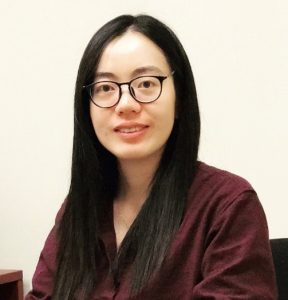PACS news / May 14, 2021
PACS Postdoctoral Scholars 2021-22 Announced
Stanford PACS is excited to announce our new cohort of Postdoctoral Scholars for the academic year 2021-22. These researchers come from a wide array of backgrounds and disciplines, including Psychology, Political Science, Computer Science, and Sociology, which each provide their own unique insights into the problems tackled here at PACS. We can’t wait to see how they will further their already impressive academic careers both individually and as a group in this next, hopefully more normal, year.

Ashwini Ashokkumar
Ashwini is completing her Ph.D. in Social Psychology at the University of Texas at Austin. Her research examines (i) how people come to become deeply connected with socio-political groups and ideologies, and (ii) how they maintain and protect such identities and ideologies. Her work takes a multi-method approach in pursuing these questions, complementing traditional social psychology methods with big data and text analysis methods.

(Max) Hui Bai
Max received a B.A. in psychology at the University of Minnesota Twin Cities, which is also where he is finishing his PhD in social psychology. As a political psychologist, he has three lines of research: one looks at the interplay between values and inter-group attitudes (e.g., how ideology and prejudice are related), one looks at the psychological consequences of social changes (e.g., how people react to demographic shifts and cultural changes), and one is about research methodology.

David Hausman
David Hausman is a PhD candidate in Political Science at Stanford. He will work on expanding access to immigration enforcement data for civil society organizations and the public, and on analyzing that data.

Danaë Metaxa
Danaë Metaxa is a Ph.D. candidate in Computer Science at Stanford, and a predoctoral fellow at the Stanford Cyber Policy Center’s Program on Democracy and the Internet. Metaxa’s research focuses on bias and technology: identifying the ways cognitive and psychological biases at the individual level shape our interactions with technology, studying social inequalities and political bias in online algorithms, and designing solutions to mitigate bias and increase fairness.

Qian Wei
Qian Wei earned her PhD in Sociology from Memorial University in Canada and a Master’s degree in Economics from Xiamen University in China. Her research interests broadly focus on the sociology of organization, political sociology, political economy, policy-relevant research and quantitative methods. Particularly, she has been working on three lines of research: power dynamics underlying NGO governance in China, gender inequalities in scientific collaborative networks, and the intersection of international development with global norms and local practices. Her work appears in journals such as The Sociological Quarterly and Voluntas.
